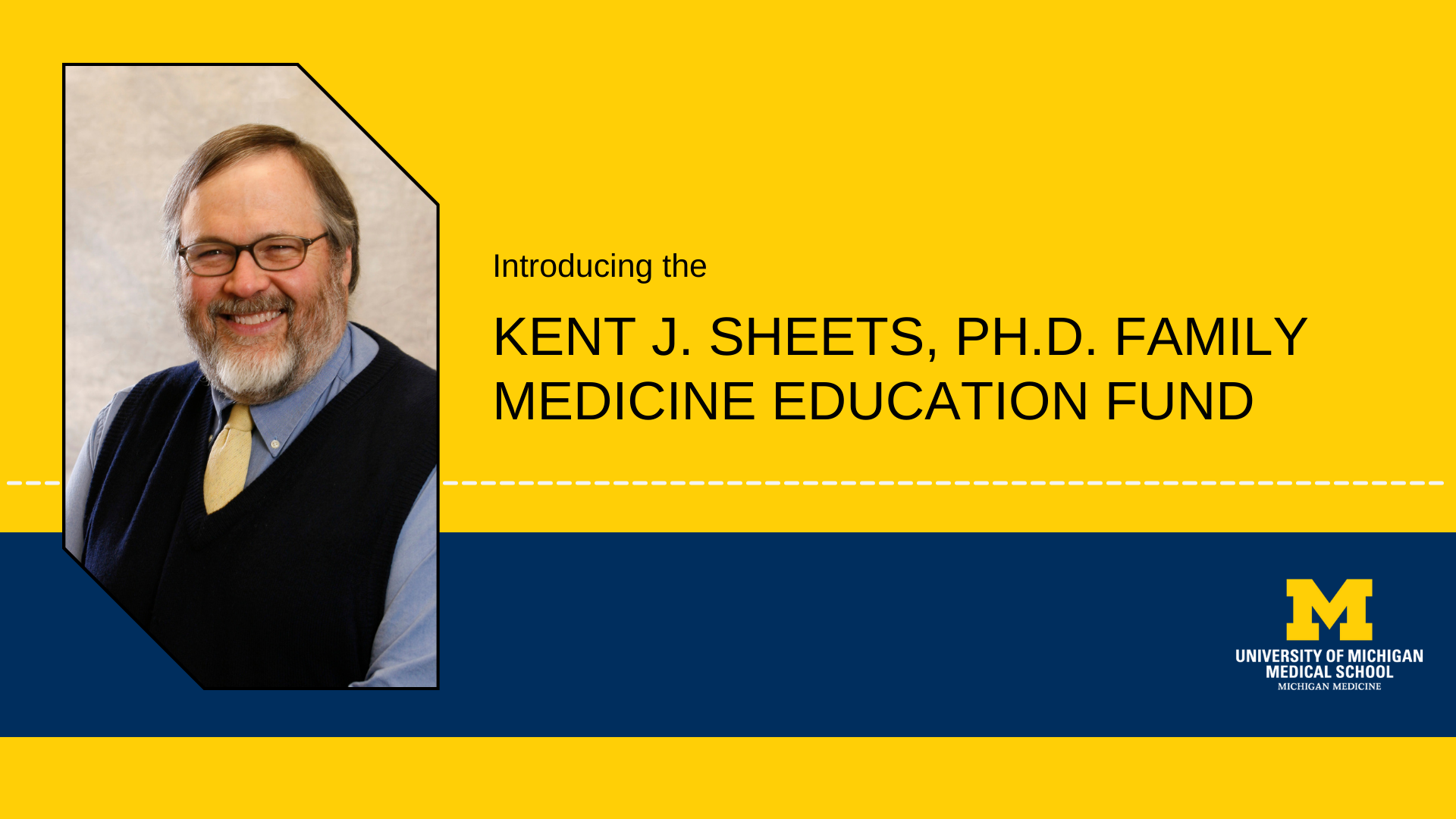
Health information can be difficult to understand for anyone, but it is especially difficult for Deaf individuals who may struggle with information and health care marginalization. This is a population with high rates of inadequate health literacy and health disparities. A grant from the National Institutes of Health’s National Institute on Deafness and Other Communication Disorders is looking to change that.
The five year, $3 million grant will assess key differences in attitudes, knowledge, and skills related to health information between Deaf and hearing individuals by incorporating cutting edge technology to assess health information- seeking and interpretation patterns in this Deaf population. The project will study mechanisms of health literacy in the Deaf population, as well as determine key differences in health information accessibility in different media (multimedia, text and video) and online navigation skills with health information searches between Deaf and hearing individuals. The information will help understand key mechanisms of visual learning as it relates to health information accessibility.
Leading the project will be Michael M. McKee, M.D., M.P.H., assistant professor, and Peter C. Hauser, Ph.D., professor and director of the Deaf Studies Laboratory at Rochester Institute of Technology’s National Technical Institute for the Deaf (RIT/NTID). During his time in Rochester, Dr. McKee was a member of the Task Force on Health Care Careers for the Deaf and Hard-of-Hearing Community, housed at RIT/NTID.
“We will be studying how Deaf and hearing individuals may differ in their ability to accessing and understanding health information,” Dr. McKee said. “Since Deaf individuals are primarily visual learners, we are hoping to learn key elements to improve how health information is displayed and learned visually.”
The researchers will learn through various experiments including the use of an eye gaze tracker that helps them understand how and where information is being accessed by participants. Eye gaze tracker technology monitors where subjects view information on a computer screen.
“There is a significant health disparity in the Deaf community and this grant should help us close the gap,” said Dr. Hauser. “I’m excited about working with Dr. McKee on this important project that will provide insight on how to improve the Deaf community’s health literacy and ultimately have a positive impact on Deaf individuals’ health and longevity.”
Preliminary results of Dr. McKee’s previous research have shown that:
- Deaf individuals were found to be nearly seven times more likely to have inadequate health literacy compared to their hearing peers
- Deaf individuals are at a much higher risk for arthritis, cardiovascular disease, high blood pressure, diabetes, emphysema, stroke, and multiple chronic conditions when compared to hearing individuals
Similarly, Dr. Hauser’s research has shown that Deaf individuals are less aware of symptoms of heart attacks and strokes and are not as familiar with preventive cardiovascular practices.
“This is one of the few NIH projects lead by Deaf researchers who are members of the community they are studying,” Dr. Hauser said. “This ensures continuous Deaf leadership, which will help sustain community participation in the research agenda and enhance the ecological validity of the findings."
There will be 900 Deaf and 900 Hearing enrolled and tested in the study, ages are 18 and older. They will be recruited from Rochester, New York; Chicago, Illinois; and Flint, Michigan. Rochester is believed to have the largest per capita Deaf population in the country.
Additional members of the investigator team include Michael Paasche-Orlow, M.D., M.P.H. (co-I)- Boston University; Ananda Sen, Ph.D. (co-I)- University of Michigan; Michael D. Fetters, M.D., M.P.H., M.A. (co-I)-University of Michigan; Lorraine R. Buis, Ph.D. (co-I)- University of Michigan; Teri Hedding, M.A. (co-I at Sinai Deaf Health at Chicago, Illinois); Kay Taylor, Ph.D. (co-I at Hurley Medical Center, Flint, Michigan).


